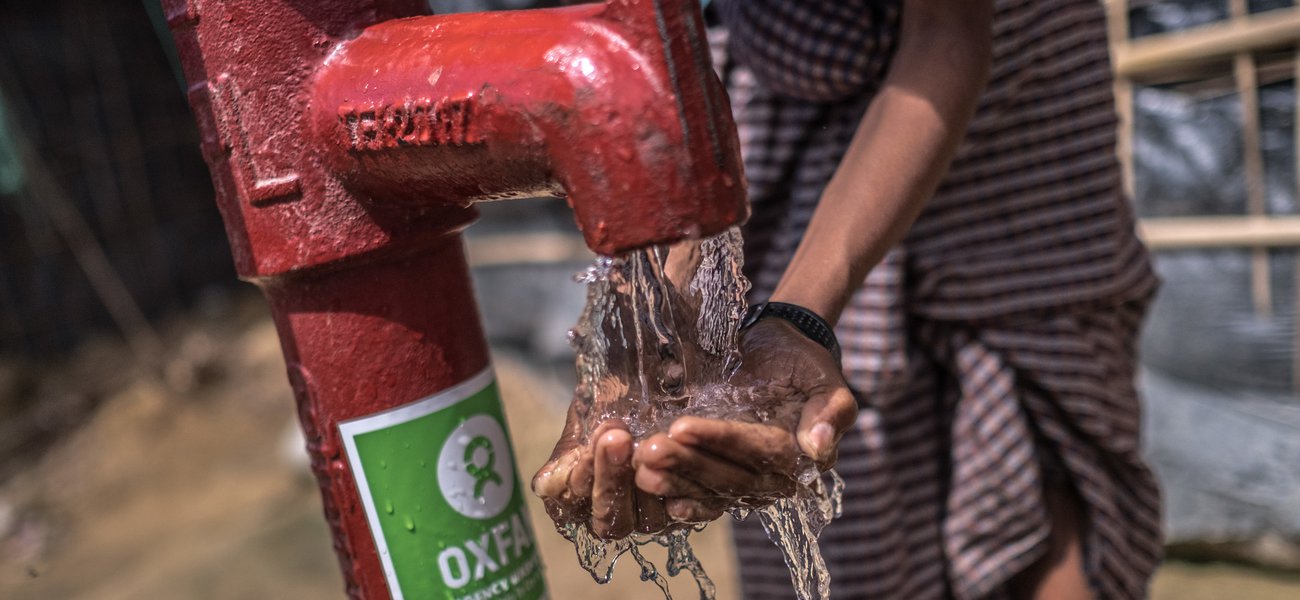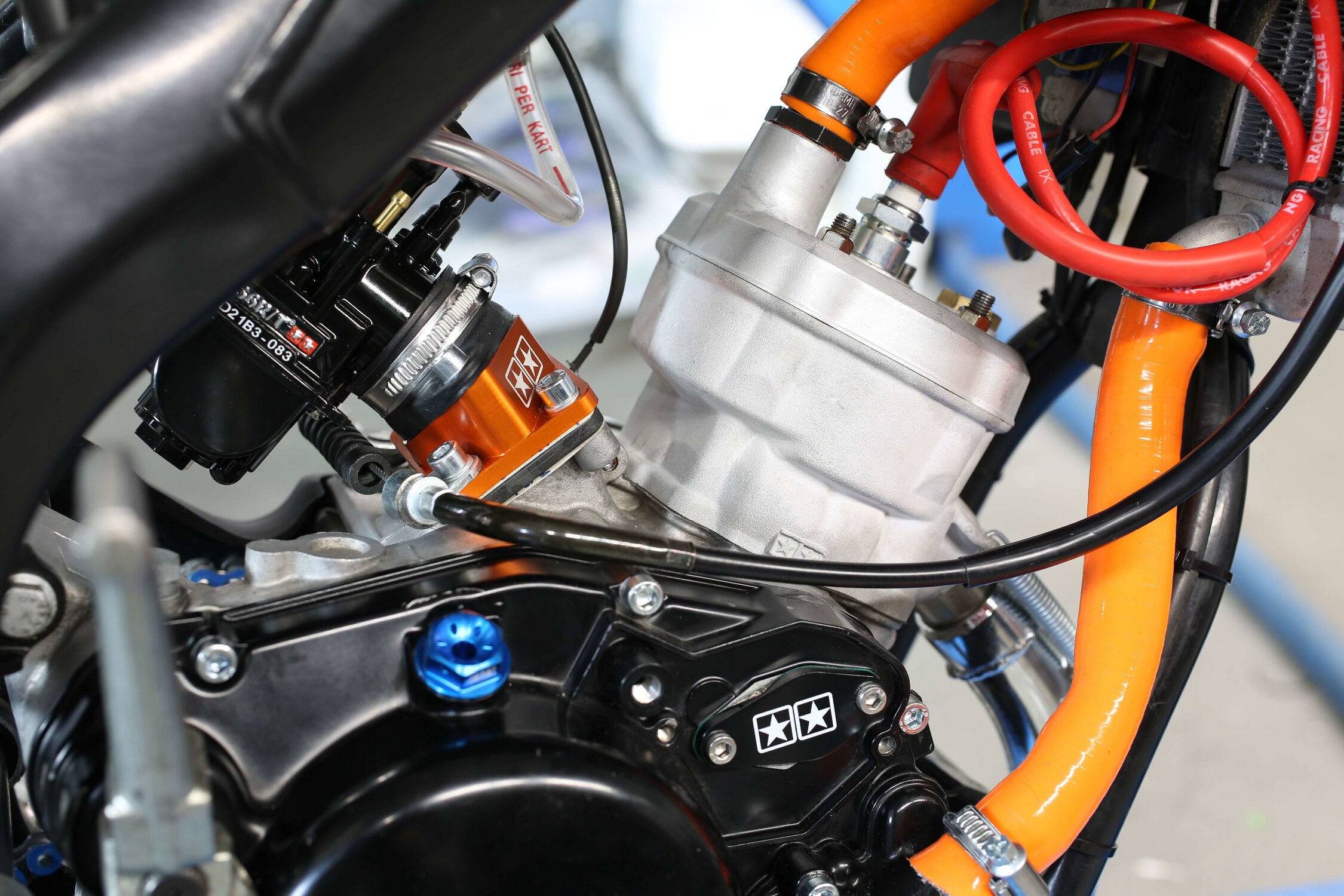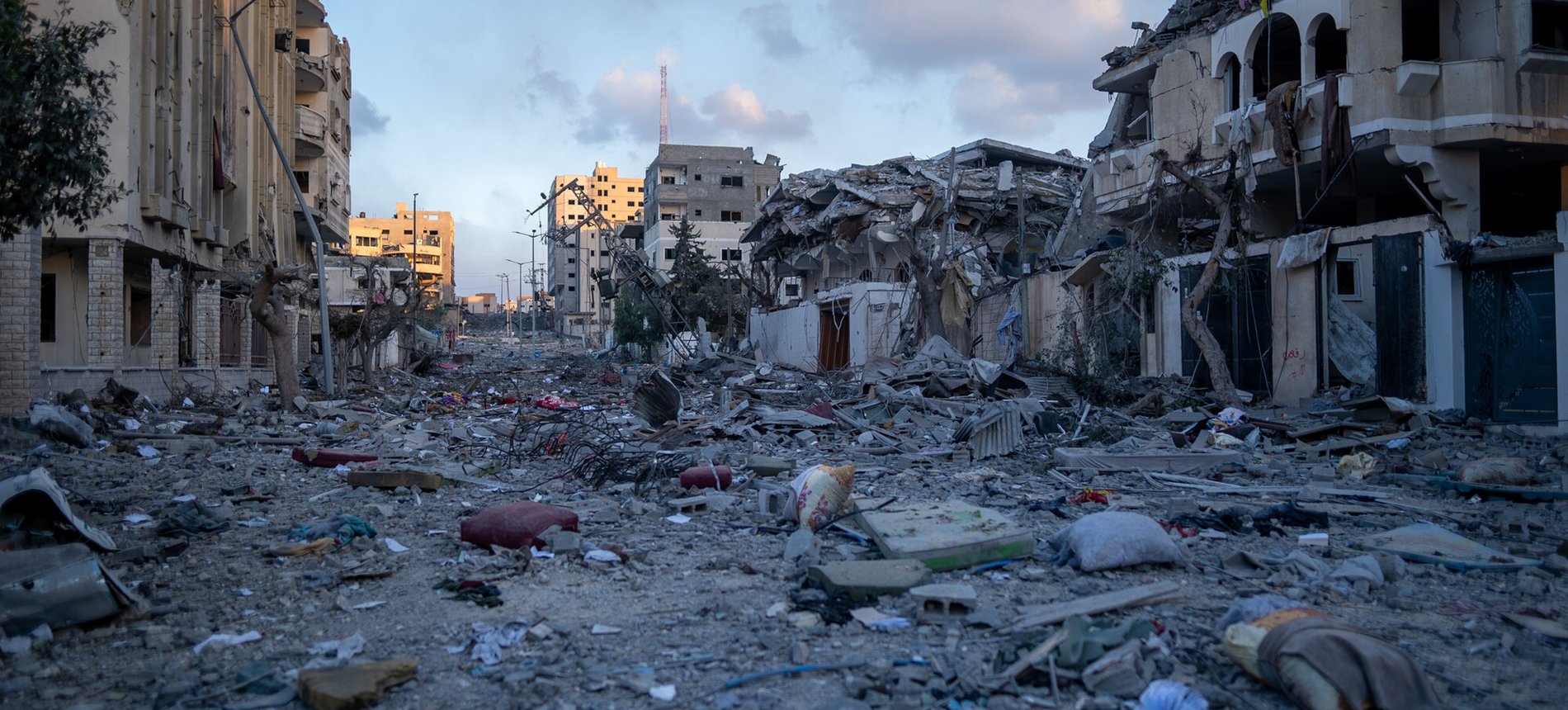Imagine going an entire day without a single drop of clean water to drink. No refreshing gulp from the tap after waking up. No water for making your morning tea or coffee. Not even a tiny sip to take life-saving medication with. For 2.2 billion people around the world, this unfathomable reality is just another normal day.
Being deprived of drinking water sources that are secure and clean, the lives of people become a struggle of formidable nature. Crops will not grow as such, not giving families food to eat. Transmissible diseases occur in the pathways of contaminated water sources. And the most awful thing is that every day we lose 800 children under the age of five from diseases such as diarrhoea caused by a lack of water and sanitation.
This global water crisis is one of the most solvable emergencies in the world today, if we want to tackle it together. In order to effectively tackle poverty globally, this UK-based charity, Oxfam, has made the provision of universal access to clean water, decent sanitation and good hygiene practices part of their core mandate.
Springing Into Action When Disaster Strikes
When natural disasters like earthquakes, floods or cyclones devastate communities, destroying critical water infrastructure, Oxfam’s emergency response teams rush to the frontlines. They work rapidly alongside partner organisations to truck in clean water supplies and install emergency sanitation facilities. With famine and disease outbreaks looming, their urgent interventions are often life-saving.
But Oxfam’s water initiatives extend far beyond short-term disaster relief. Their long-term sustainable programs help millions access the safe water and sanitation they need to not just survive, but truly thrive.
Turning On the Tap for Opportunity
Thanks to Oxfam’s interventions, many million litres of clean water are pumped to communities afflicted by water scarcity through rehabilitated wells, water points and piped systems. Toilets and handwashing points are built in camps for the refugees and the displaced people by decent means. However, beyond the process of installing taps and toilets, it is about what the water system represents.
Oxfam works hand-in-hand with communities to maintain this new water infrastructure and promote fundamental hygiene practices. Their teams share life-saving guidance in schools, teaching young students proper handwashing techniques and how to avoid spreading preventable illnesses.
Crucially, Oxfam’s water programs help unleash economic opportunity by making farming viable again. With drought-resilient irrigation systems brought to previously parched regions, families can grow crops, earn an income and lift themselves out of poverty’s grip. When people have enough to eat and don’t have to spend hours each day fetching water from distant sources, they’re freed up to pursue work, education and contribute to society.
Using Their Voice for Global Change
But while Oxfam’s on-the-ground efforts are highly transformational, they understand that the only way to get safe water and sanitation for all is through systemic change. It can be seen that about 33% of the world’s population is still deprived of even basic sanitation facilities like toilets. Badly, a large number of people are denied the opportunity to drink clean water and this leads to a cycle of disease and poverty.
That’s why Oxfam fearlessly campaigns and advocates to influence policy makers and push for reforms prioritising universal access to water and sanitation as basic human rights. They rally the public to join them in calling on governments and corporations to do more to protect vulnerable communities’ water access. From marches and publicity stunts to lobbying law makers, they utilise every tool at their disposal to fight for a future where nobody is denied their fundamental need for clean water.
The Crisis Belongs to All of Us
Of course, Oxfam’s vital efforts can only flourish and expand with the support of people who share their conviction that poverty is utterly unacceptable and something that can be overcome once and for all.
You can play a pivotal role in helping to solve the global water crisis by donating to Oxfam’s appeals. Your funds will flow directly to life-changing water programs and make an incredible impact for families in desperate need.
Or you can join the Oxfam campaign and be part of the community that campaigns for a world where everyone will have access to clean water and sanitation. Just talking to our friends and posting on social media to drive the momentum of change among people is a very important step.
If you have some more time to spare, Oxfam invites you to join the volunteer team to help with fundraising or any other professional skills you might have to offer. From a bake sale to a marathon, there are a wide variety of ways to mobilise your community and help you transform your passion into a reality.
The energy crisis. The Covid-19 pandemic. The escalating consequences of climate change. In the face of enormous global challenges that reverberate through to the individual level, it can feel helpless and hopeless at times. But we all have a basic human need for clean water that transcends borders. Ensuring universal access to this fundamental resource is something we can accomplish by working together across all divides.
Water lies at the heart of nearly every issue we face today – from hunger and health epidemics to conflicts over scarce resources. When we provide people with reliable access to safe water sources, we give them a chance not only to survive, but to thrive. The ripple effects extend far beyond clean drinking water, opening the door for families to grow food, earn an income, receive an education and build a brighter future.
The solution to the water crisis is quite literally a matter of life and death for millions. With organisations like Oxfam leading the charge and all of us doing our part, we can make a future of universal access to safe, clean water a reality. Because water means the world – to every single one of us.













